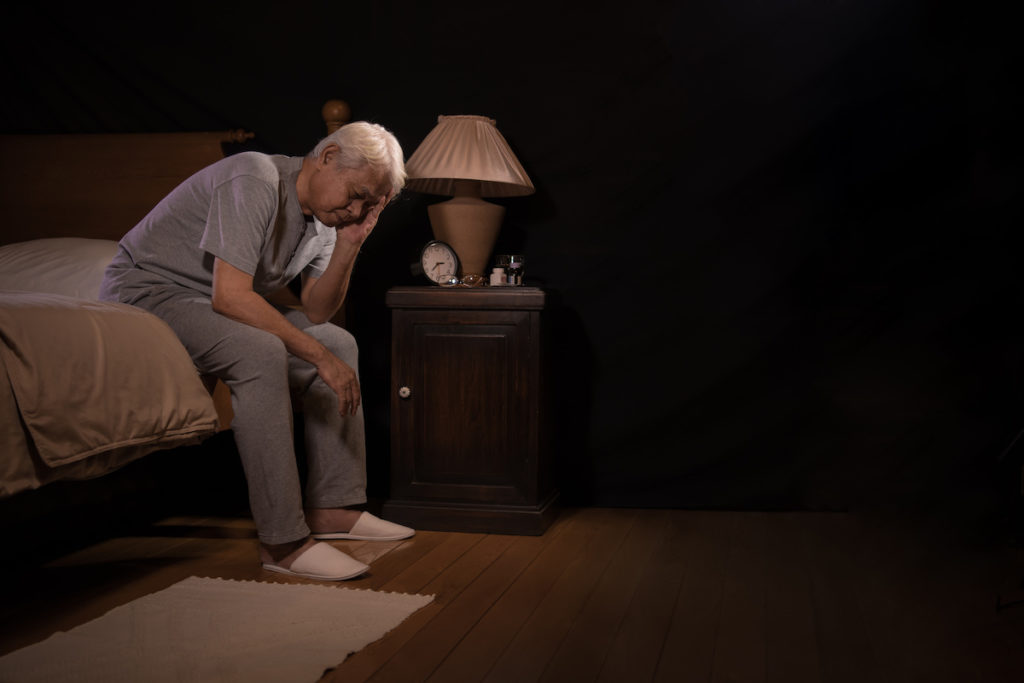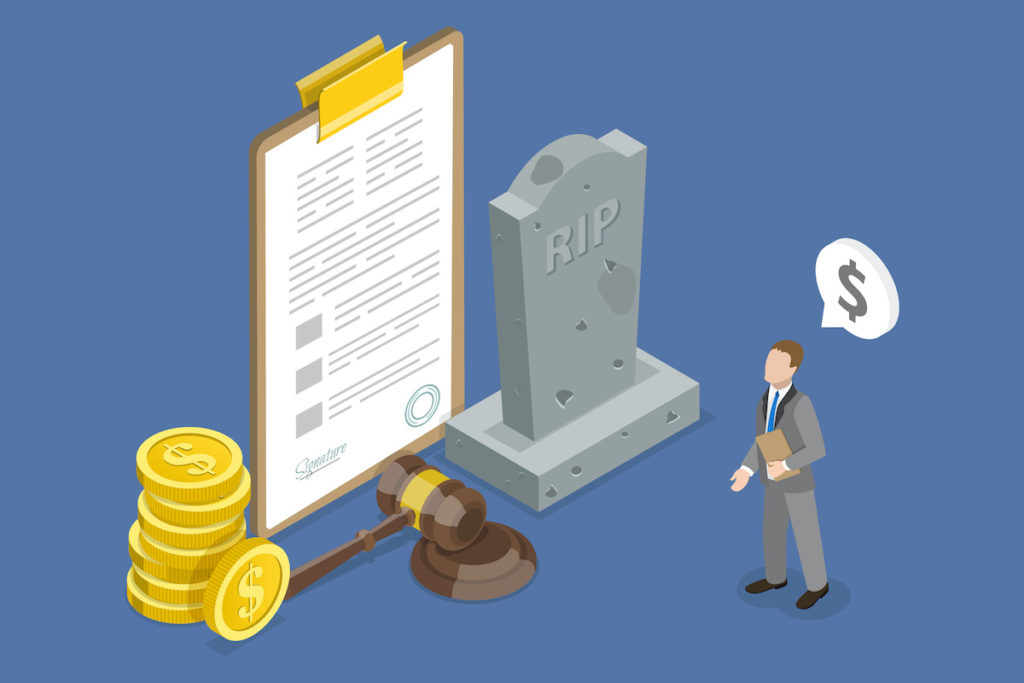A tremor in a resting hand is a classic sign, but it’s not the only one. Look for a tremor that persists, especially when relaxed. Another early indicator is bradykinesia, or slowness of movement. Simple tasks like getting dressed or buttoning a shirt may take significantly longer and require more effort. Rigidity, a feeling of tightness or restricted movement, can affect any part of the body, leading to a stooped posture or a shuffling gait. Balance problems and falls are also common, so be observant if your partner seems unsteady or trips more frequently. Changes in speech can be subtle but significant. Speech may become softer, slurred, or monotone.
Author Archives: Walnut Creek Elder Law
Memory Lapses: Forgetting recent conversations, misplaced items becoming a regular occurrence, or difficulty remembering appointments are all potential red flags.
Despite challenges, the emergence of new drugs like Leqembi signifies a turning point in the fight against Alzheimer’s. Research is accelerating, and the scientific community is no longer solely focused on managing symptoms but also on modifying the disease course.
Marriage is all about togetherness, but neglecting “me time” can lead to resentment. Hobbies provide a healthy escape, allowing each spouse to recharge and rediscover personal fulfillment. Imagine your husband returning from a woodworking session, excited to share a new technique or a perfectly crafted box. His passion becomes infectious, creating a shared joy that spills over into your time together.
As we age, our bodies naturally experience changes in sleep patterns. The production of melatonin, a hormone that regulates sleep, can decrease, making it harder to fall asleep and stay asleep. Additionally, many age-related health conditions can disrupt sleep. These include:
When someone dies without a will, the state steps in and distributes assets according to intestacy laws. These laws vary by location, but they generally prioritize spouses and children. However, this may not align with the deceased’s wishes. Additionally, intestacy can lead to lengthy court battles, draining the estate of valuable resources.
For some, staying independent may require additional assistance with daily living activities (ADLs) like bathing, dressing, or medication management. In-home care services provide this support in the comfort of a person’s own home. Trained caregivers can offer a helping hand with a variety of tasks, from personal care to meal preparation and light housekeeping. This option allows for a personalized care plan and can be particularly appealing to men who may be hesitant to move out of their familiar surroundings.
Open communication with your loved ones about your estate plan is vital for all generations. However, for boomers, it holds even greater importance. Discussing your wishes for long-term care, asset distribution, and healthcare decisions can help alleviate stress and ensure a smooth transition for your family when the time comes.
Planning for the future of an aging loved one is always a delicate task. However, it becomes even more complex when facing two challenging realities: hoarding and dementia. This combination presents unique hurdles in managing their belongings and ensuring their well-being. However, with the right approach and guidance, families can navigate these challenging waters and […]
Traditional cognitive tests are time-consuming and subjective. AI-powered cognitive assessments can administer shorter, adaptive tests and analyze performance with greater objectivity. This can improve accessibility and accuracy, leading to earlier diagnosis and intervention.










